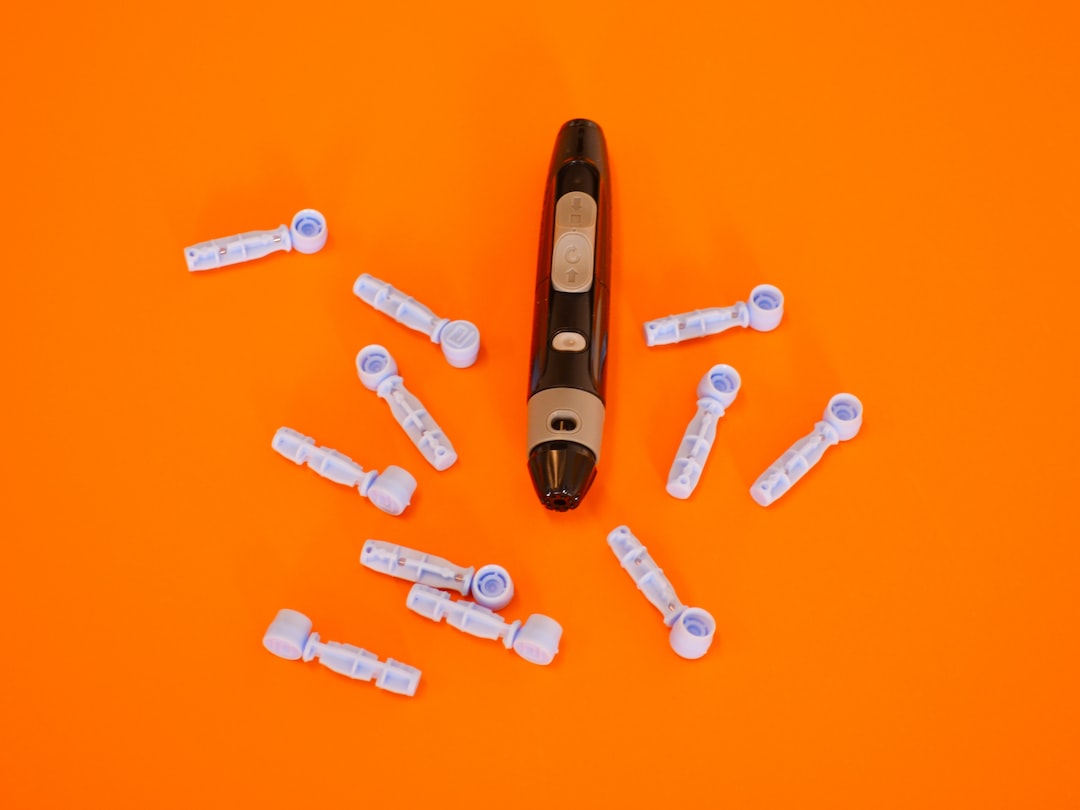By Dr. Michael Roizen
Q: I’ve put on a few pounds over the past year and a half. I think it’s because I’m doing less outside of the house (less working, playing, and socializing). No suggestions? I don’t want to keep gaining weight. — Laverne G., Gainesville, Florida
A: You’re not alone. A multicenter study surveyed 3,400 adults and found nearly half had gained weight in the first 12 months of the pandemic. The researchers also point out that 65% of people who were overweight before the pandemic had gained weight, while only 40% of those who had a healthy weight before the start had gained weight. Those who said they felt depressed or anxious about life also gained significantly more weight than people who felt less blue. And having kids at home (the pressure of homeschooling!) was associated with weight gain.
It’s easy to gain weight when you’re reluctant to hit the gym or venture outdoors. Even before the pandemic, a quarter of American adults were not active enough to protect their health, according to new information collected by the Centers for Disease Control and Prevention. And the number has only increased.
I also recommend 300 minutes of moderate to vigorous activity per week and two 30-minute muscle-strengthening sessions. Decreasing stress through meditation, exercise, and good sleep habits can also help with weight management. If you want more ideas on how to get moving, check out www.CDC.gov; search for “How to be physically active while respecting social distancing”.
I also recommend writing down everything you eat each day. Studies show that it can lead to healthier eating and weight loss. And for the best ideas on nutrition and intermittent fasting, check out my book “What to Eat When.”
Another interesting fact: a study published in Obesity found that more than 20% of American adults take at least one drug that causes weight gain. So ask your doctor if the medications you take regularly might be contributing to your fight to achieve a healthy weight.
Q: I am 66 years old and survived three years of triple negative stage 2 breast cancer. I am interested in information on studies for a newly developed vaccine. —Patricia C., Texarkana, TX
A: Triple-negative breast cancer accounts for about 12-15% of all breast cancers, but can be much more difficult to treat because it usually does not respond to hormonal or targeted therapies. About 70% to 80% of breast tumors that occur in women with mutations in the BRAC1 genes are triple-negative breast cancers – and it is twice as likely to occur in African-American women as in women white.
The good news is that previous research published in Nature Medicine determined that a single vaccination with something called alpha-lactalbumin could prevent the appearance of breast tumors in mouse models, while inhibiting the growth of already existing breast tumors.
Now researchers at the Cleveland Clinic have launched a study to determine whether the newly approved experimental vaccine can prevent the disease from recurring or prevent its onset altogether in high-risk women.
Their Phase 1 study is designed to determine the maximum tolerated dose of the vaccine in patients with early-stage triple-negative breast cancer and to optimize the body’s immune response. “We hope that this research will lead to more advanced trials to determine the efficacy of the vaccine against this very aggressive type of breast cancer,” says Dr. G. Thomas Budd, principal investigator of the study.
What is the vaccine? In a nutshell: It targets a breast-specific lactation protein that fades with age but remains present in most triple-negative breast cancers. When it activates the immune system to fight this protein, it creates protection against cancer and launches a preventive attack against the emergence of cancer.
Check trial status at www.clinicaltrials. govt; search for “Adjuvant therapy with an alpha-lactalbumin vaccine in triple-negative breast cancer”. For direct inquiries, your physician may contact Dr. George T. Budd at 866-223-8100 or email [email protected].
Health pioneer Michael Roizen, MD, is director emeritus of wellness at the Cleveland Clinic and author of four New York Times #1 bestselling books. His next book is “The Great Age Reboot: Cracking the Longevity Code for a Younger Tomorrow”. Do you have a topic that Dr. Mike should address in a future column? If so, please email [email protected].
 AD Roberts
AD Roberts



